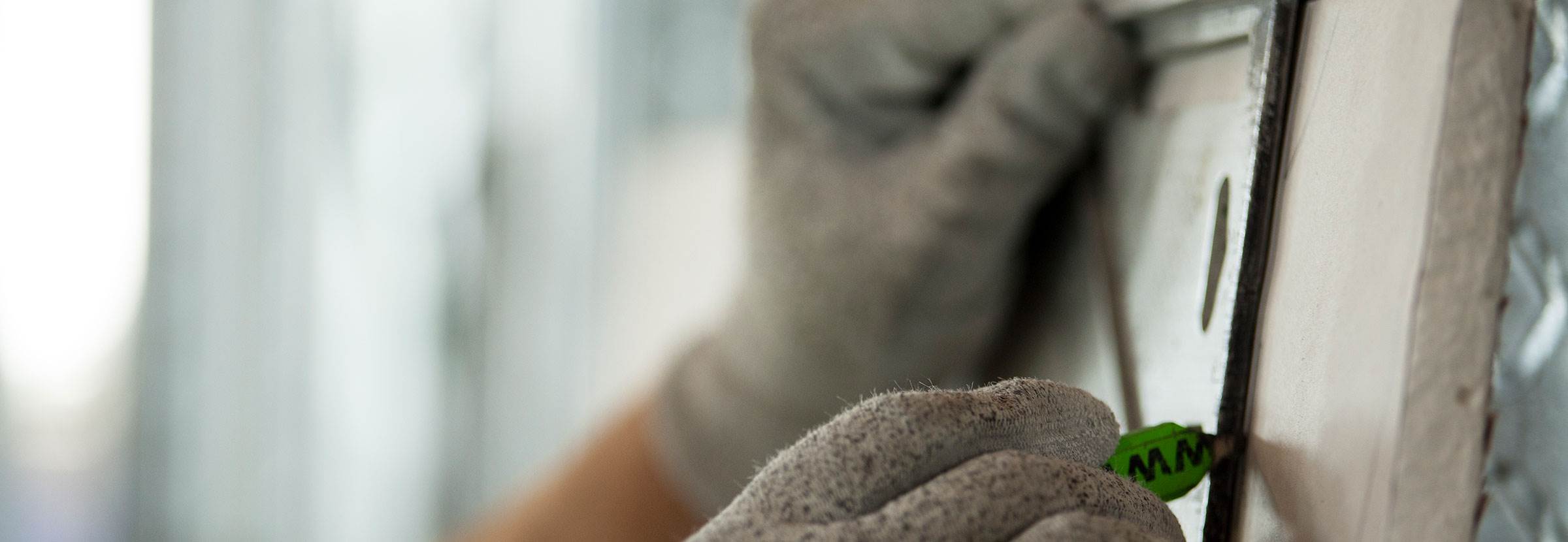Federal Agencies Announce Plan to Implement Coronavirus-Related Paid Leave and Tax Credits
Yesterday, the Treasury Department, Internal Revenue Service, and Department of Labor announced their plan to implement the emergency paid leave provisions of the Families First Coronavirus Recovery Act (FFCRA). The FFCRA’s paid leave provisions apply to employers with fewer than 500 employees, is limited to reasons related to the COVID-19 outbreak, will take effect not later than April 2nd, and sunsets on December 31, 2020. The plan previews forthcoming regulations from the Treasury, IRS, and DOL. While we await issuance of the final regulations promulgated under these leave provisions, the announced plan sheds valuable light on how employers can expect to handle emergency sick and family leave under the FFCRA. Here are the highlights:
As described in greater detail in our March 18 entry concerning passage of the FFCRA employees may receive:
1. Up to 80 hours of paid sick leave at the employee’s full regular rate of pay for Coronavirus related reasons
- Paid sick leave is capped at $511 per day or $5,110 in the aggregate when used for the employee’s own well-being
- Paid sick leave is capped at $200 per day or $2,000 in the aggregate when used for family or child care
2. Up to 12 weeks of family care leave, including 10 weeks of paid family care leave, to care for a minor child during a public health emergency
- The first 10 days of family care leave is unpaid (note that an employee may use paid sick leave during this initial 10 day period)
- Paid family care leave begins after 10 days and is capped at 2/3 the employee’s pay up to $200 per day or $10,000 in the aggregate
Employers will receive 100% reimbursement for paid leave pursuant to the FFCRA which will include amounts paid to maintain group health plan coverage during the leave period. Reimbursement will be provided by permitting employers to retain federal payroll taxes in the amount of leave paid. If the amount of leave paid exceeds federal payroll taxes, employers may request an accelerated payment from the IRS to cover the amount of leave paid. The IRS expects to process those requests in two weeks or less.
The FFCRA contains a small business exemption for businesses with less than 50 employees. This exemption “will be available on the basis of simple and clear criteria” that will be described in “emergency [DOL] guidance and rulemaking to clearly articulate this standard.”
Finally, DOL will issue a temporary non-enforcement policy to allow employers to comply with the FFCRA. If an employer acts reasonably and in good faith to comply with the Act, DOL will not bring an enforcement action for 30 days. During this period DOL will focus on compliance assistance.
SWACCA will continue to monitor the rules and regulations promulgated under the FFCRA, and will provide additional information as it becomes available.
© 2024 Signatory Wall and Ceiling Contractors Alliance (SWACCA). All rights reserved.
